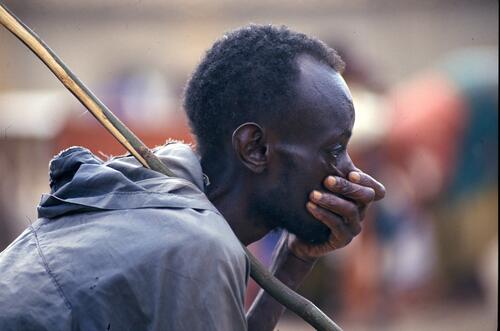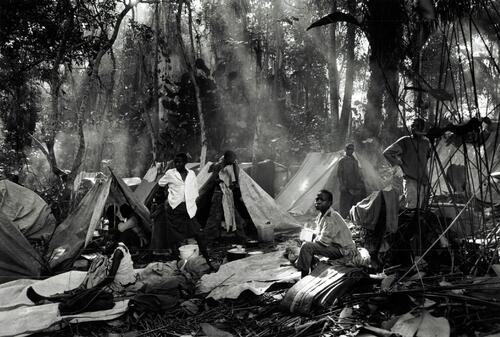All Speaking Out Case Studies > The Hunting and Killing of Rwandan Refugees in Zaire-Congo
The ‘Hunting and Killings of the Rwandan refugee in Zaire/Congo’ case study describes the constraints, questions and dilemmas faced by Médecins Sans Frontières’ teams in 1996 and 1997 as they attempted to bring assistance to the Rwandan refugees in Eastern Zaire, after their camps had been attacked by the rebel forces supported by the Rwandan army.
Questions and dilemmas:
- Is it possible for MSF to publicly extrapolate from the little known conditions of refugees and their health needs despite the fact that it had no access to them
- Conversely, given lack of access, should MSF refrain from making predictions?
- Is it wise for a humanitarian organisation to predict the worst?
- Its team being used to lure refugees from hiding, should MSF cease activities in the area or pursue them, condemning manipulation in the hope of preventing massacres – but at the risk of endangering its teams and other operations in the region?
- Should MSF call for the refugees to remain in eastern Zaire, knowing they would face deadly dangers, or participate in their forced repatriation to Rwanda, where their security was not guaranteed either?
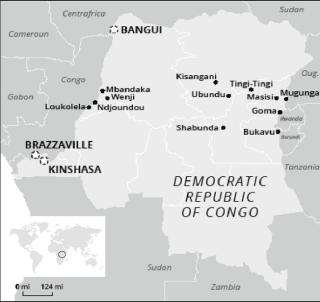
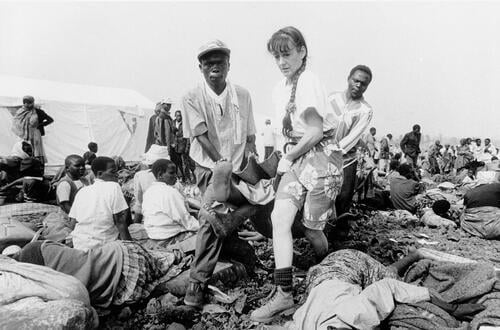
Rwandan Refugee Camps in Zaire and Tanzania 1994-1995
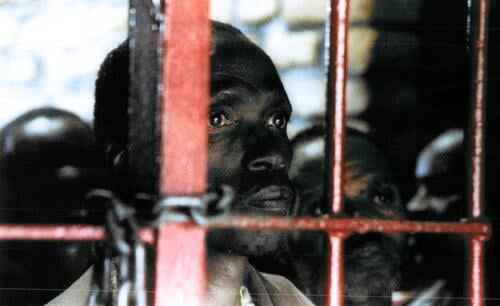
The Violence of the New Rwandan Regime 1994-1995
